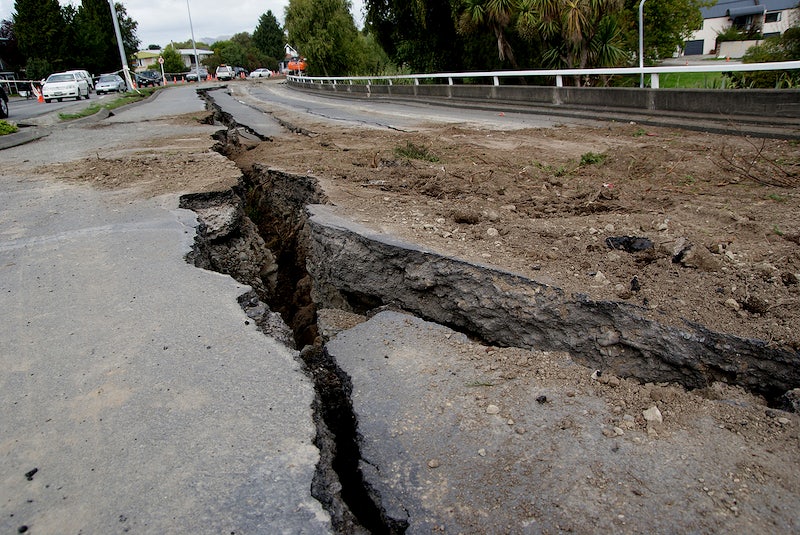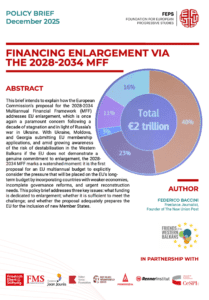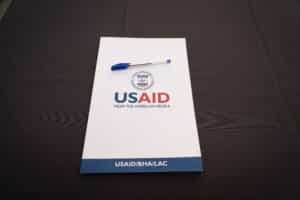Following the devastating earthquake, rebel-held areas in northwestern Syria are struggling to receive help from the international community. As southeastern Türkiye is rightfully receiving help from all over the world, NPR-journalists have reported the border-crossing into Syria to be “empty and silent”. Meanwhile, Bashar Al-Assad’s tyrannical regime continues to regard unauthorized aid to the region as a violation of its sovereignty.
The Turkish-Syrian divide
When an exceptionally powerful earthquake – of 7.8 on the moment magnitude scale – hit southeastern Türkiye and northwestern Syria last week, the world was shocked by the horrifying images of complete devastation and a fast-rising death-toll. At the moment of writing, the death-toll stands at a whopping 36,000 and counting. The UN, furthermore, gave an alarming warning that the death-toll could easily go over 50,000.
Justly – and in quick fashion – a major humanitarian aid mission was set up by dozens of countries, including rescue teams, food, medicine, and financial support. Soon, roads in the Turkish impact zone were “gridlocked” by trucks carrying rescuers and resources.
In Syria – however – the reality is entirely different. While in Türkiye humanitarian aid arrived from the day of impact, for the first three days only the bodies of Syrian refugees crossed the Turkish-Syrian border. A devastating blow to the region, which mostly relied on humanitarian aid even before the earthquake. Without rescue teams and modern equipment, survivors in the Syrian impact zone were unable to reach many voices screaming for help. Most of those voices have now gone silent.
The politicization of humanitarian aid
A main reason for the lack of humanitarian aid entering Syria is the war-torn state of the Middle-Eastern country. Syria’s most heavily impacted region is currently under control of the rebel group Hayat Tahrir al-Sham (HTS). This radical Islamist group is classified as a terrorist organization by the UN and United States.
Aid entering Syria is troubled because President Assad does not allow humanitarian aid shipments to pass over regime-controlled soil without permission. An anonymous HTS-member, furthermore, has disclosed that “[the HTS] won’t allow the regime to take advantage of the situation to show they are helping.”
As a consequence, up until now humanitarian aid has had to enter Syria through one point at the Turkish-Syrian border, the Bab al-Hawa crossing. To make things worse, Turkish roads leading to Bab al-Hawa are both damaged and overburdened by the earthquake.
On February 14 – however – Assad took a step in the right direction by opening two more border-crossings into the Syrian impact zone after conversations with WHO-chief Ghebreyesus and UN officials.
The UN’s preparedness to negotiate with the Syrian regime has not remained free from scrutiny. “Many believe that this cooperation from the Syrian president is part of a campaign to exploit the situation for him to regain political legitimacy so the world engages with him,” said Al-Jazeera-correspondent Zeina Khodr. Others have pointed at similar inconsequential statements in the past.
Calls for action
“We have so far failed the people in northwest Syria”, UN aid chief Martin Griffiths tweeted on Sunday. “They rightly feel abandoned. Looking for international help that hasn’t arrived. My duty and our obligation is to correct this failure as fast as we can.”
Griffiths is part of a growing number of high-placed international policy-makers to address the Syrian situation. Others – like United States UN-ambassador Linda Thomas-Greenfield – have called upon the UN Security Council to vote for allowing more entry points into Syria along the Turkish border. “We cannot let them down – we must vote immediately on a resolution to heed the U.N.’s call for authorization of additional border crossings for the delivery of humanitarian assistance,” Thomas-Greenfield said.
Some have called for a relief of sanctions against the Assad-regime to help the northwest, claiming that the sanctions hamper humanitarian aid organizations. Those calls have – however – been branded as misguided by experts as sanctions do not affect humanitarian organizations.
In an interview with media-outlet Vox, Zaher Sahloul – president of MedGlobal, an organization that helped build medical posts in northwestern Syria – has proposed airlifting humanitarian supplies to the impact zone. “We have American military bases not far from there, in northeast Syria,” Sahloul said.
It is clear that the politicization and weaponization of humanitarian aid for Syria has to stop immediately. Humanitarian aid should be able to enter the country without limitation. “The world left us to our own destiny facing the criminal Bashar al-Assad. But this is a natural disaster,” Ibrahim Bakkour, a council member in the devastated city of Jinderis told NPR-reporters. “There’s no political argument here; it’s a humanitarian situation and we need help.”
Author: David Groenen



